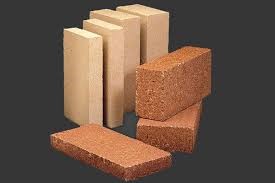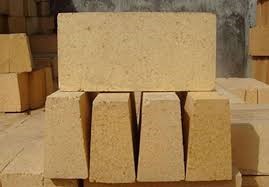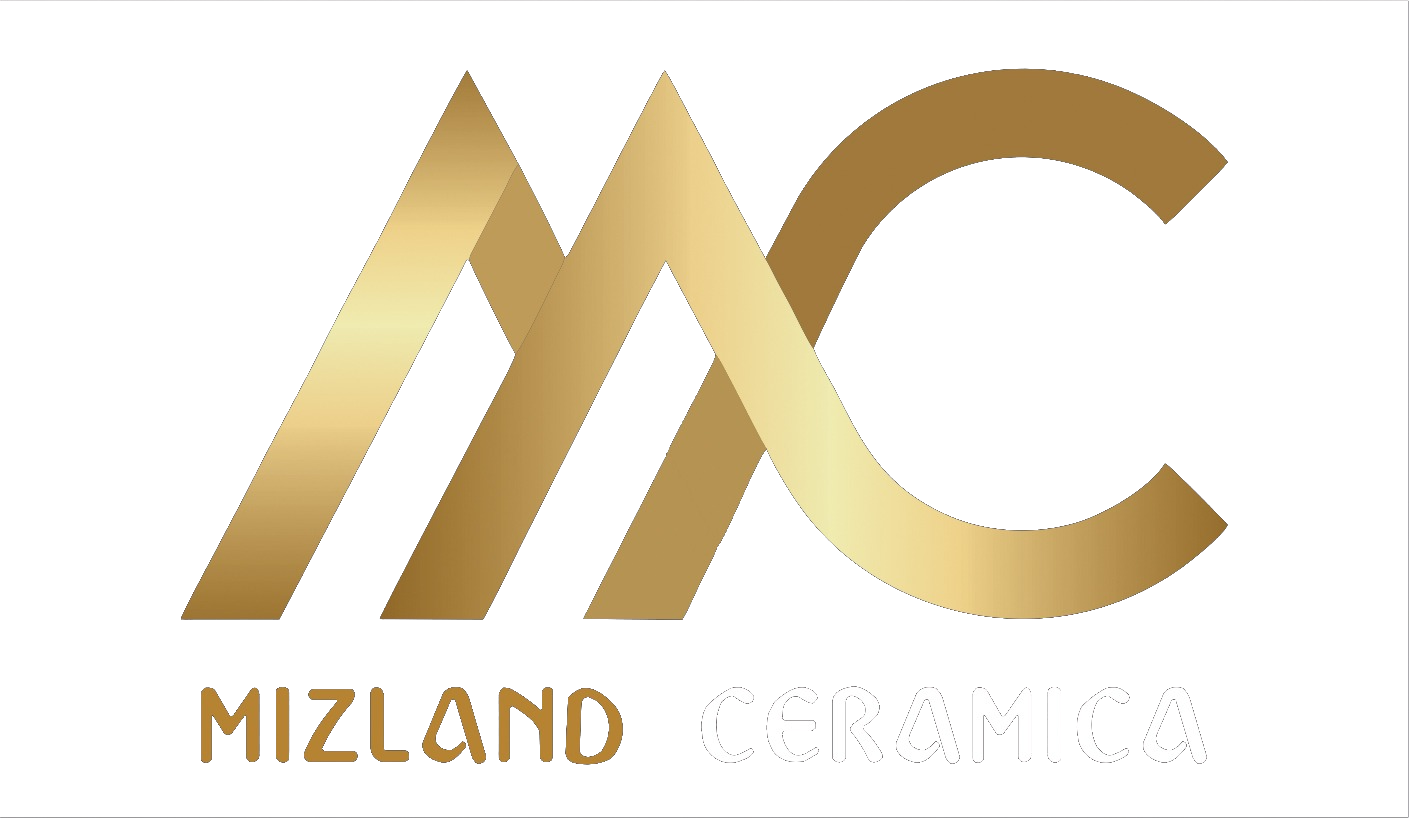High-Temperature Ceramic Fibers: These fibers offer exceptional thermal insulation, mechanical strength, and chemical resistance, making them ideal for high-temperature applications.
Blog Detail

Advanced Refractory Solutions for High-Temperature Environments
High-temperature environments pose significant challenges to industries that rely on them for their operations. From steel production to power generation, and from chemical processing to aerospace engineering, high-temperature environments demand specialized materials that can withstand extreme conditions. Advanced refractory solutions have emerged as a critical component in these industries, providing unparalleled thermal management, mechanical strength, and chemical resistance.
The Importance of Refractory Materials
Refractory materials are designed to withstand extremely high temperatures, often exceeding 1000°C (1832°F). These materials are used to line furnaces, kilns, and other high-temperature equipment, protecting them from thermal shock, chemical corrosion, and mechanical stress. The selection of refractory materials is critical, as it directly impacts the efficiency, safety, and productivity of high-temperature processes.
Advanced Refractory Solutions
Recent advancements in refractory technology have led to the development of innovative materials and solutions. Some of these advanced refractory solutions include:
-
-
Advanced Castable Refractories: These materials offer improved thermal shock resistance, mechanical strength, and chemical resistance, making them suitable for demanding high-temperature applications.
-
Graphite-Based Refractory Materials: These materials offer exceptional thermal conductivity, mechanical strength, and chemical resistance, making them ideal for high-temperature applications in industries such as steel and aerospace.
-
Refractory Mortars and Coatings: These materials offer improved thermal shock resistance, mechanical strength, and chemical resistance, making them suitable for high-temperature applications in industries such as power generation and chemical processing.


Benefits of Advanced Refractory Solutions The adoption of advanced refractory solutions offers numerous benefits, including:
Improved Thermal Management: Advanced refractory materials provide exceptional thermal insulation, reducing heat loss and improving process efficiency.
Enhanced Mechanical Strength: Advanced refractory materials offer improved mechanical strength, reducing the risk of damage and extending equipment lifespan.
Increased Chemical Resistance: Advanced refractory materials provide improved chemical resistance, reducing the risk of corrosion and extending equipment lifespan.
Reduced Maintenance Costs: Advanced refractory materials offer improved durability, reducing maintenance costs and downtime.
Conclusion
Advanced refractory solutions play a critical role in supporting high-temperature industries. By providing exceptional thermal management, mechanical strength, and chemical resistance, these materials enable industries to operate more efficiently, safely, and productively. As industries continue to evolve and push the boundaries of high-temperature processing, the demand for advanced refractory solutions will only continue to grow.
